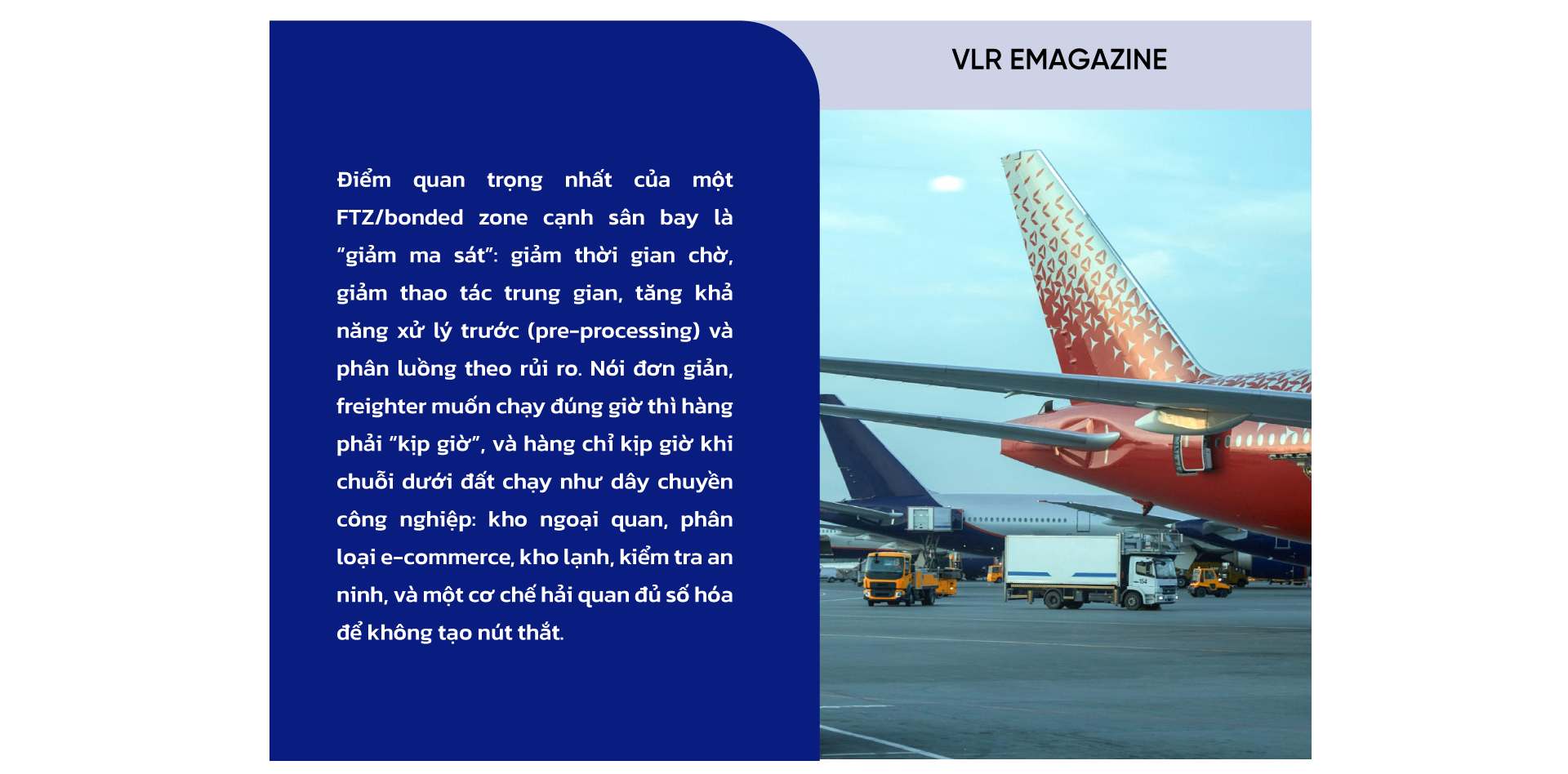French ocean carrier CMA CGM has announced fresh peak season surcharges (PSS), effective from 1 October until 31 December, from the United States to Latin America and the Caribbean.
The largest PSS will be applied from the US East Coast (New York, Baltimore, Savannah, Charleston and Port Everglades) to Anguilla, Antigua & Barbuda, Aruba, Barbados, Bonaire, British Virgin Islands, Curacao, Dominica, Dominican Republic, Haiti, Grenada, Guyana, Jamaica, Montserrat, Saba, St Eustatius, St Kitts & Nevis, St Lucia, St Vincent & the Grenadines, Suriname, Tortola and Trinidad & Tobago.

The PSS will be US$125 per 20' dry and reefer and US$250 per 40' dry & reefer for all types of containers except flat and open top boxes.
In the same period, CMA CGM will implement another surcharge from the port of Oakland to Guatemala, Honduras, El Salvador, Nicaragua, Costa Rica and Panama. The PSS will be US$25 per 20' dry and reefer and US$50 per 40' dry and reefer for all types of containers except flat and open top boxes.
Last but not least, the Marseille-based liner operator announced a PSS of US$50 per 20' dry and reefer and US$100 per 40' dry and reefer for the same types of boxes and for the same period from the port of Houston to Guatemala and Honduras.









